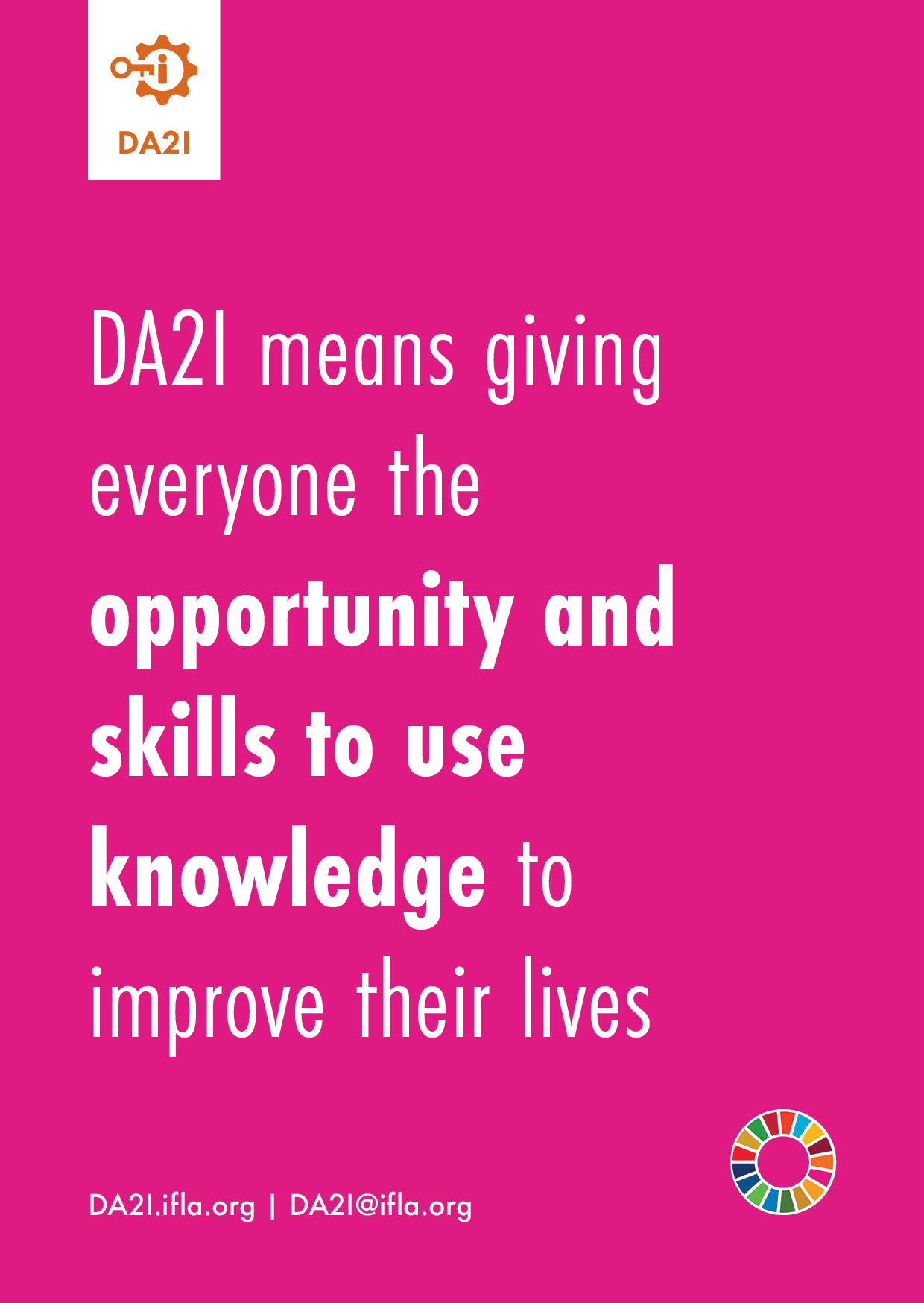 Sustainable Development Goal 4 is the third of the SDGs on the agenda at the 2019 High Level Political forum.
Sustainable Development Goal 4 is the third of the SDGs on the agenda at the 2019 High Level Political forum.
It focuses on reducing inequality within and among countries, recognising not only that individuals have a right to be treated equitably, but also that this contributes to sustainable development in general.
Libraries themselves have a strong commitment to equity. As institutions open for all, they welcome everyone, and many have a specific role to help those most at risk of marginalisation. This is important, given the importance of access to information for development .
But how to make the case for the unique role of libraries in reducing inequalities? Here are three ideas:
- Because access to information, education and culture is a human right: all countries, through the Universal Declaration of Human Rights and subsequent conventions, have committed to giving everyone the possibility to access information, get an education, and take part in the cultural life of the community. Libraries provide an excellent way of doing this, and so allowing countries to comply with international law.
- Because information poverty reinforces income poverty: when people lack access to information, they are not able to take the best decisions, or even to access programmes and projects which could help them escape poverty. They then risk falling deeper into trouble, while others succeed. Libraries provide a means of combatting information poverty, by ensuring that income, social status or other factors are not a barrier.
- Because providing a service for all matters: programmes targeted at specific groups play an important role in combatting inequality. Nonetheless, by offering a service to some and not others, such efforts can reinforce the idea of being different or apart, which may discourage some. Public libraries have a mission to be universal – i.e. to serve everyone – meaning that the support they offer does not come with the risk of underlining difference.
For more see the chapter on SDG 10 in the 2019 Development and Access to Information (DA2I) Report by Professor Tim Unwin, UNESCO Chair on ICT for Development.